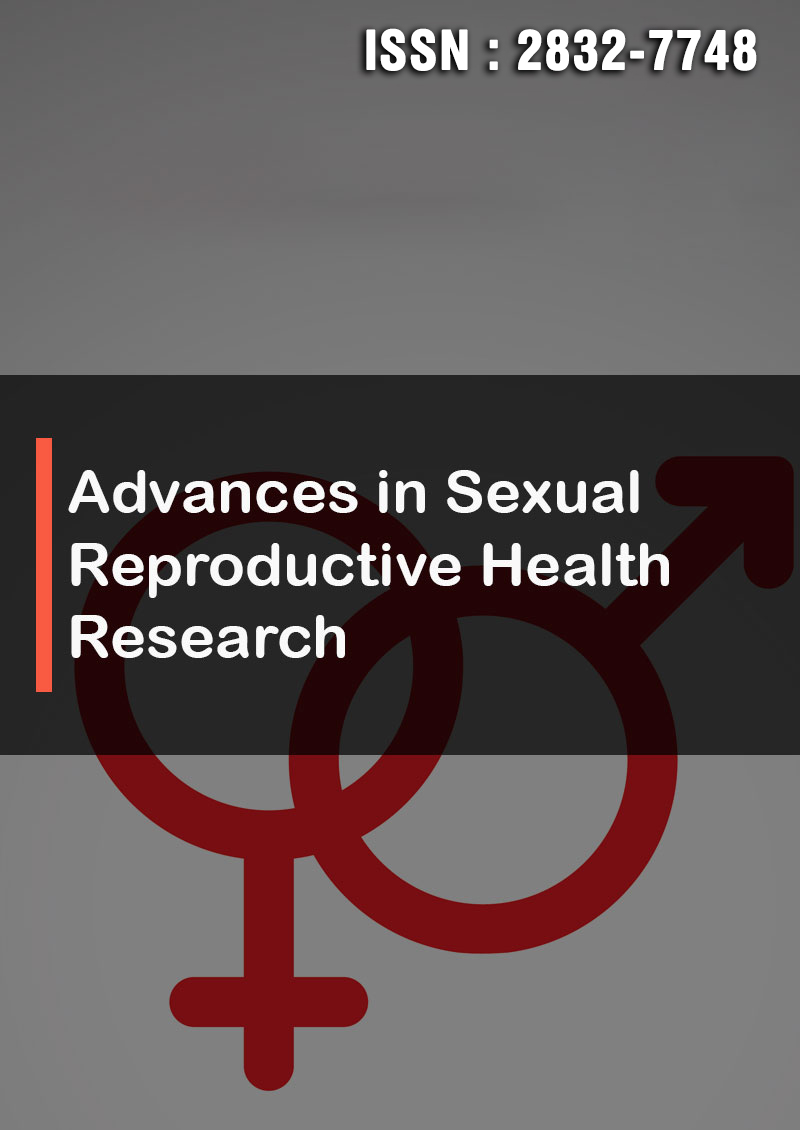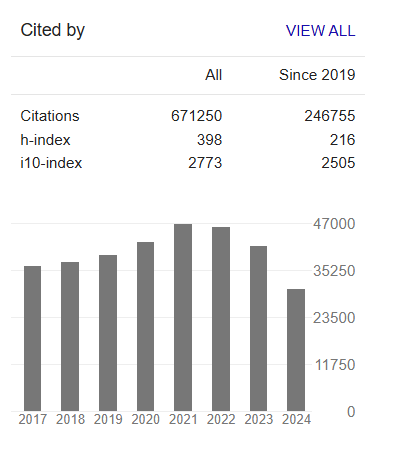Exploring Access, Barriers, and Opportunities in Digital Health to Improve Sexual and Reproductive Health amongst Youth in Bamenda, Cameroon, During the Anglophone Crisis: A Qualitative Study
Abstract
Jacqueline Fonkwo, George Ashu Agbor-Ntoh*, Michael Ebangha Besong, Ariane Nouko, Sinet Akih, Roosevelt Wacha and Justin Chee Ngong
Background There exists several unmet sexual and reproductive health needs in sub-Saharan African countries like Cameroon. Youths in Bamenda, Northwest Region of Cameroon face particular difficulties accessing sexual and reproductive health services fully. This is partly due to the ongoing socio-economic crisis in the region which has disrupted provision of health care services, but also due to other issues that youths must contend with to access sexual and reproductive healthcare.
Methods To explore this topic, we conducted a qualitative study. Two focus group discussions were done in Bamenda: One with boys and another with girls aged between 15-24 years old. Questions focused on access and use of sexual and reproductive health services like contraception, pregnancy, menstrual hygiene, sexually transmitted diseases, HIV, and gender-based violence. A thematic data analysis grouped data into themes and sub-themes.
Results Twelve youth leaders participated in the focus group discussions: Three boys and nine girls. In this study, we found that several sexual and reproductive health services are available to youths. However, their ability to fully access these services is compromised by certain fundamental barriers like stigma and equally the socio-political crisis.
Conclusion There are several barriers to sexual and reproductive services amongst youths in the conflict-affected town of Bamenda. Digital health can significantly bridge the gap to improve access to sexual and reproductive health.




